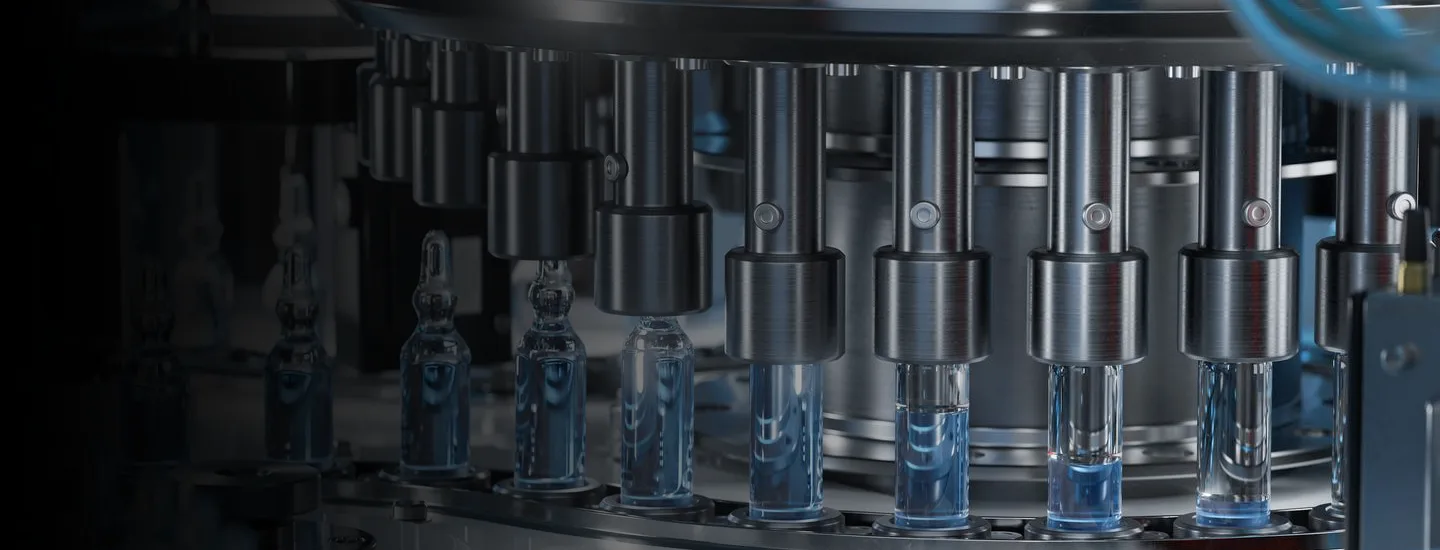Contract development and manufacturing organizations (CDMOs) play a critical role in the pharmaceutical and biotech industries, providing everything from research, clinical development, and testing to commercial manufacturing of small molecule drugs and biologics.
CDMOs operate in a fragmented category and often have relatively narrow specializations, making them vulnerable in an industry where development periods are long and expensive, the pathway to profit is often crowded with competitors, and product cycles are often characterized by a big boom followed by a long smolder.
To effectively differentiate themselves to serve customers in this environment, CDMOs and potential investors need to consider four critical issues that will influence the effectiveness of their business model.
Broadening the portfolio
CDMOs operate in an environment where they need to refine their areas of focus and expertise. Is it best to specialize in one or two modalities, or is it time to diversify and be all things to all customers? For example, a CDMO should analyze if there is a sustainable business model that generates sufficient profit by being the low-cost producer of simpler, lower-margin dosage formats and products, or whether they should offer expertise across a wider and more complex range of product price points and profitability profiles.
What’s clear is:
- Diversified pharmaceutical client portfolios provide a buffer against demand swings, supporting fiscal sustainability.
- Broadening manufacturing capabilities will enable CDMOs to service different customers for various types of needs. This can lead to longer-term partnerships across both drug development and commercial manufacturing, with the CDMO being a preferred supplier with complex agreements for intellectual property.
- To succeed, CDMOs must be able to solve drug delivery challenges and drug development challenges, both of which are enormously important.
Embracing the ‘technology arms race’
The industry is engaged in a “technology arms race” as drug makers keep up with the latest innovations across continuous manufacturing, process analytical technology, the utilization of machine learning and artificial intelligence for quality enhancements and planning, and the move into personalized medicine and gene therapies.
The business case for biologics is clear, given their greater profit potential. The Inflation Reduction Act enhances the incentive for manufacturers to focus on biologics & biosimilars because of the longer period after approval before they are eligible for “fair price” negotiation.
Biologics is a fast-growing segment, leading to an increased demand for the specialized processes that are required to manufacture them. This raises the stakes for CDMOs, particularly those who are primarily focused on small molecule production. When working with biologics-focused CDMOs, the switching costs are also higher for customers because of the specialized knowledge associated with the more complex molecules and manufacturing processes.
Focusing on scale
R&D budgets are under pressure amid higher interest rates. CDMOs must work to gain proficiency in clinical batch manufacturing, becoming more relevant in clinical development and provide flexibility in the face of high changeover and portfolio shifts. Price is not the only sensitivity when a customer decides to work with a CDMO - clinical development needs to be appropriately planned and budgeted.
Larger CDMOs are often better positioned to transition customers from clinical to commercial scale, more easily shifting manufacturing to other products from their diversified portfolio and broader customer base. As they move customers from clinical to commercial stages, they can evaluate how to reallocate the more fragmented clinical work to their remaining production facilities, and balance future capex investment opportunities against market forecasts. Smaller CDMOs have a narrower margin for error in evaluating these same decisions.
Rightsizing expectations
CDMOs operate in a highly fragmented category, with 70% of CDMOs generating less than $50 million in annual revenue. Still, it is growing rapidly, with a projected 6+% compound annual growth rate outpacing the wider pharmaceutical sector.
More than two-thirds of CDMO deal activity has been directly driven by private equity firms or portfolio companies pursuing consolidation strategy. In roll-ups, the pursuit of OpEx improvements will be fueled by technology and G&A reduction. Direct material costs are often handled as pass-through expenses and so present fewer opportunities for gross margin improvement for CDMO operators. However, improvements in automation, whether on the production floor or in back-office functions, can drive better returns on investment when evaluating roll-up or acquisition opportunities. From a process perspective, a focus on good operating practices to ensure higher “first time right” realization will likewise deliver better outcomes for CDMO operators and their investors and sponsors.
Seizing the moment
The challenges facing CDMOs in a changing manufacturing environment should not deter pursuing opportunities in the space. By focusing on enhancing and broadening capabilities, employing a smart investment strategy, offering flexibility and scale to customers, and embracing improvements in technology and process, CDMOs can unlock growth and profit improvement. AlixPartners has the right expertise to help fast-track a winning approach for CDMOs in the current environment. Reach out to start the conversation.


